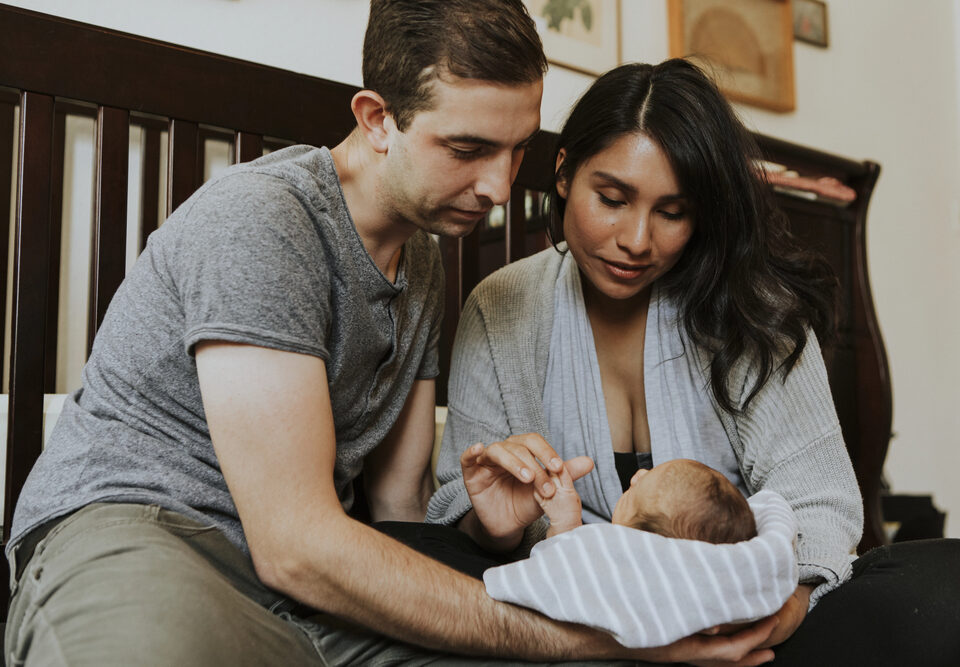Planet Hospital crushes family dreams
八月 18, 2014European surrogacy rulings flow throughout neighboring countries
九月 6, 2014The recent surrogacy upheaval in Thailand is tossing intended parents into a state of confusion, and for many, in an emotional panic.
It’s an absolute nightmare.
In a CNN report titled, “Babies caught in Thailand surrogacy crackdown,”journalist Hilary Whiteman uncovers this upsetting story.
She writes, “What’s been happening is an unprecedented crackdown on a lucrative industry that has flourished in the absence of rules and regulations. In recent weeks, Thai authorities have raided a number of surrogacy clinics, closing some down and throwing hundreds of couples into a legal and emotional maelstrom.” She continues, “Families Through Surrogacy (FTS), a non-profit organization that helps intending parents through the process, says there are currently around 400 couples with pregnant surrogates or frozen embryos in Thailand.”
As you can imagine, this non-profit has been swamped with calls from scared, intended parents. According to the records at FTS, these couples are from Australia, Canada, Israel and the U.S.A. Half of them, however, are from Australia.
 Founder of FTS, Sam Everingham, told CNN, “Many clinics are being run on a skeleton staff, or staff working from home. As a result it’s very hard for parents to contact their clinics.” Everingham added, “We want to assure parents that their surrogates are being looked after. They shouldn’t panic, they shouldn’t try to contact their surrogates direct. This is a difficult time but clinics are doing all they can to ensure those existing pregnancies are looked after.”
Founder of FTS, Sam Everingham, told CNN, “Many clinics are being run on a skeleton staff, or staff working from home. As a result it’s very hard for parents to contact their clinics.” Everingham added, “We want to assure parents that their surrogates are being looked after. They shouldn’t panic, they shouldn’t try to contact their surrogates direct. This is a difficult time but clinics are doing all they can to ensure those existing pregnancies are looked after.”
Not panic? That’s a hard thing for intended parents to do when their surrogates are in the midst of such turmoil.
Whiteman reports, “The recent police raids have exposed the extremes of surrogacy in Thailand, including the case of a 24-year-old Japanese man suspected of fathering at least 12 surrogate babies because he wanted ‘a big family,’ according to his lawyer.”
The article goes on to highlight the case of baby Gammy– the baby with Down Syndrome, who is being cared for by his surrogate mother, after its intended parents abandoned him but took his twin sister back to Australia.
This highly, negatively charged press has placed Thai surrogacy in the line of fire.
Change in the industry was already underway, Whiteman writes, with the announcement by Thailand’s military government in late July that clinics would be reviewed to ensure they were abiding by the Medical Council’s code of conduct.
Whiteman continues to report, “Last week, the interim Thai Cabinet approved a draft law to make commercial surrogacy a criminal offense. It’s unclear when it will be formally approved by the National Legislative Assembly and endorsed by the Thai King.”
Everingham told CNN that he thought it would be highly unlikely that those in current surrogacy arrangements would be charged and prosecuted.
Nevertheless, the fear of uncertainty is still there.
Everingham was quoted, “The Thai government has assured us in recent days that there will not be penalties for those in current arrangements, whether they be surrogates or intending parents. (But) there will be a new process for exit from the country.”
In fact, this past week, a couple from the U.S.A. and Australia were prevented from leaving Thailand with their newborns.
Apparently, they needed more documentation, which they furnished.
They have now safely left.
However, Whiteman wrote, “A spokeswoman from the U.S. Embassy said: ‘We are aware of reports of cases where the parents were not permitted to exit, and we are seeking clarification about Thai Immigration requirements.’”
Whiteman then highlighted the legal limbo situation. Now, intended parents with pregnant surrogates need to undergo a Family Court ruling. This ruling is required before taking a baby out of Thailand.
According to Everingham, the process could take up to a half year. He also noted, “The extra costs and delays are an unexpected blow for couples who have already spent thousands of dollars on surrogacy services, but there’s little they can do.”
I think it’s incredibly tragic that parents do not know what has happened to their surrogates, their children or both. Could you imagine? I feel that surrogacy should be allowed as a carefully and reasonably regulated industry and not be punished by imprisonment, or fines or both, like in some parts of Australia.
Regulate surrogacy, like we do here in California, and in other states.
Preventing it so strictly like Australia and other countries is what led parents to seek surrogacy in Thailand.
Now looks what’s happened.



